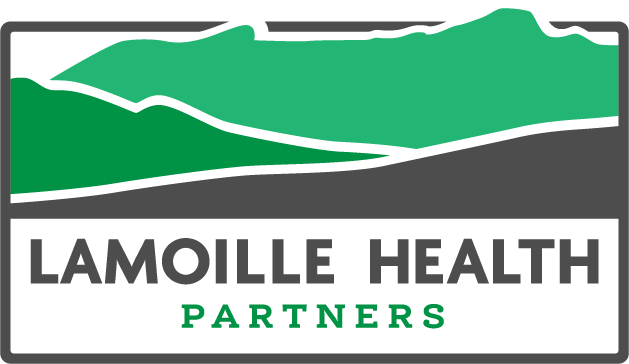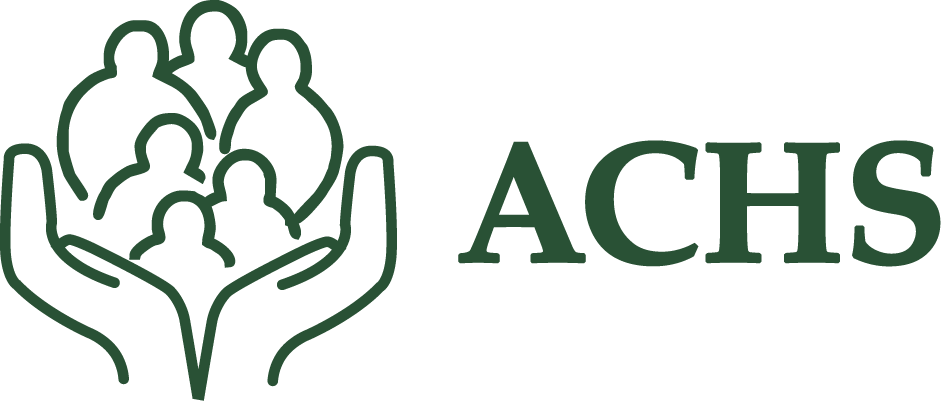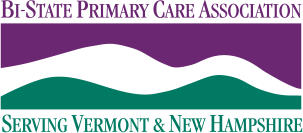
Health Center Food Programs
In Vermont and New Hampshire, Federally Qualified Health Centers (FQHCs) are implementing “Food as Medicine” programs, bridging the gap between health care and nutrition. By collaborating with local farms and food programs, FQHCs are addressing food insecurity while promoting healthier lifestyles for patients. These centers are prescribing “produce prescriptions,” offering nutritional education, and providing access to wholesome food as part of a broader effort to improve health outcomes, particularly for those with chronic illnesses. This approach reflects Vermont’s innovative commitment to fostering a healthier, more food-secure population.
HRHI Webinar
The webinar titled “Food Access and Health Care Integration,” part of the VRHA Training Series, discusses the growing intersection of food access and health care. Presenters from Vermont FQHCs emphasize the importance of addressing food insecurity through health interventions like produce prescriptions and food pharmacies, highlighting successful case studies and practical strategies for health care providers to integrate these services into patient care. This discusses the critical role of food and dietary intervention in promoting health and managing illness/chronic conditions.
Watch the full webinar here: Food Access and Health Care Integration
NACHC Webinar
The National Association of Community Health Centers (NACHC) presented a webinar on: Cultivating Gardening and Farming Programs at Community Health Centers to Address Food and Nutritional Insecurity. A recording of the webinar can be found here: YouTube channel .
Health Center Highlights

BVHC
Works with a number of community partners such as the Hannah’s Pantry, Veggie Van Go, Grateful Hearts and the Arlington Food Shelf to increase access to fresh fruits and vegetables and pantry staples for patients who are lacking reliable access to sufficient food.

LHP
Screened patients for food insecurity and partnered with Meals on Wheels, Moms Meals and Instacart to have heart healthy foods delivered to eligible patients. In addition to providing food, LHP offered cooking classes. With the end of grant funding and no reimbursement mechanisms in Vermont, this program is no longer active. The LHP program operated from 2022 to 2025.

LRHC
The Little Rivers Health Care Food Farmacy supports nutrition security by integrating food access directly into patient care. All patients are screened at check-in using the Hunger Vital Signs tool on an iPad. Those who screen positive—especially individuals at risk for cardiovascular disease—are referred to the Food Farmacy for tailored nutrition support. The program provides condition-specific food boxes designed around lifestyle medicine guidelines, emphasizing plant-based, whole-food options that are low in sodium, added sugar, and highly processed ingredients.
The Food Farmacy has expanded beyond its original focus on patients with chronic conditions and food-access barriers. It now offers meal delivery for patients who are pregnant or up to four months postpartum who face challenges accessing nutritious foods essential for a healthy pregnancy. In-clinic food pantries are also being refreshed and redesigned to align with food-as-medicine principles and remain available, without barriers, to any patient who walks through our doors.
This work is made possible through partnerships with Willing Hands, the Vermont Foodbank, and Root 5 Farm, which provided summer CSA shares for participating patients.

NOTCH
Operates a a non-profit social grocery store in Richford, Vermont to ensure access to fresh, nutritious foods are available to residents of this remote, rural community. For patients who screen positive for food insecurity and are at risk for a chronic health condition, they partner with Healthy Roots Collaborative to offer a seasonal produce prescription CSA program which delivers fresh fruits and vegetables to patients across Franklin and Grand Isle counties. Additionally, a small fresh produce pantry can be found in the NOTCH clinic waiting rooms, and cooking and nutrition education classes are offered at the Richford Health Center and community partner sites across the region. NOTCH has also been involved in projects related to grocery retail based produce prescription modeling.

ACHS
Focuses on addressing diabetes, hypertension and substance use disorders for patients in rural communities, through food security and transportation. Food security is addressed through a Portable Teaching Kitchen initiative that educates participants on creating healthy, affordable meals using local resources in under 30 minutes. The program partners with local stores, farms, food pantries, and other community resources to enhance participants’ cooking skills and nutrition awareness. A transportation solution connects riders with trusted drivers to access health care, food, and other daily necessities. It uses a neighbor-to-neighbor model supported by community health workers to foster trust and logistical support.
Tips and Tricks for Starting a Produce Prescription Program
A Produce Prescription Program is a health initiative that provides patients, especially those with diet-related chronic conditions, with prescriptions or vouchers to purchase fresh fruits and vegetables, most commonly through a Community-Supported Agriculture (CSA) share. These programs are typically designed to improve access to healthy food, promote better dietary habits in order to enhance health outcomes. Implementing a produce prescription program in a Federally Qualified Health Center (FQHC) involves several key steps to ensure the program is successful, sustainable and consistent with the mission of FQHC’s to improve health outcomes and support vulnerable populations regardless of ability to pay.
For additional information check out the Rural Produce Prescription Toolkit created by No Kid Hungry and Vouchers 4 Veggies and the No Kid Hungry Center for Best Practices.
Contact Us
Interested in learning more? Contact us at Bi-State Primary Care Association for more information.
